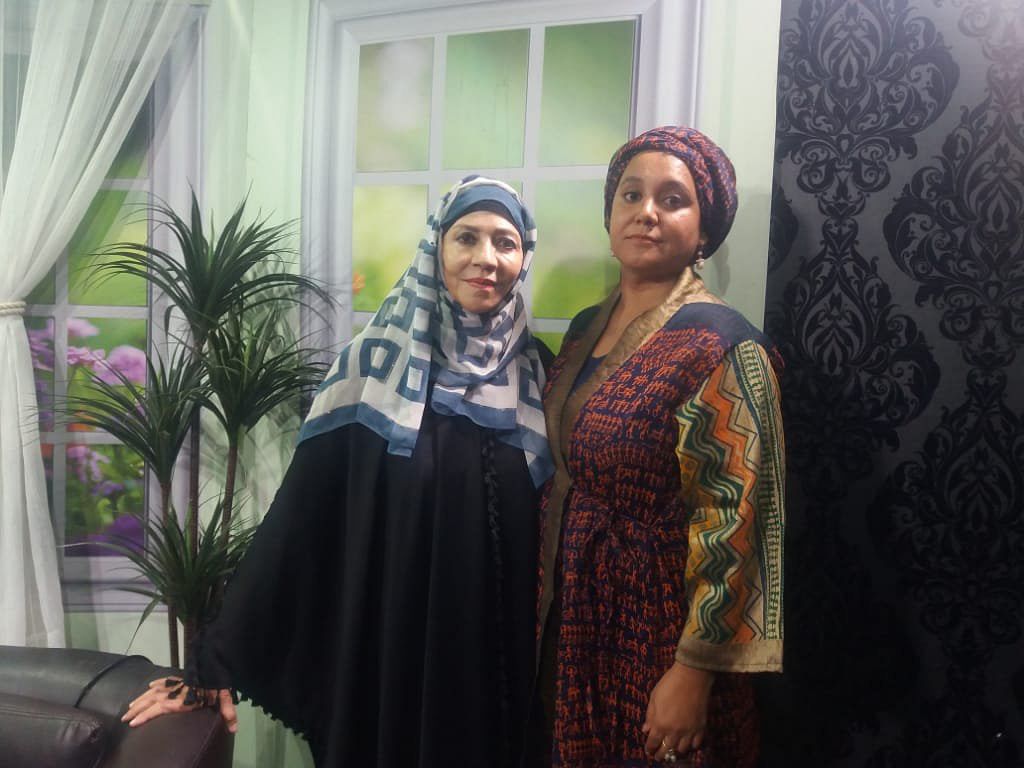
An initiative to recycle used saris from India into female and male fashion garments has helped fight poverty and unemployment in South Africa.
Founded by Rayana Edwards in 2014, the 'Sari for Change' initiative has grown from an initial call for donation of used saris for up-cycling into new garments to a skill development and entrepreneurial project with the ability to scale as it lifts people out of poverty in South Africa.
The impact of this initiative is visible in the steady income it has provided for women who have been up-skilled to produce garments out of its dedicated workshop in North Riding in northern Johannesburg.
This success has led to a second workshop in the sprawling Black township of Soweto in the south of Johannesburg where six women are currently being trained to join the fashion line production of the 'Sari for Change', with 20 more to be admitted next year.
Edwards said women from all over the world -- primarily in India -- contribute their gently worn saris or family heirlooms to women in South Africa.
The journey of the sari continues once they arrive at 'Sari for Change' workshops, where they are first sorted and cleaned. Then the sari fabric is identified to determine the specific new garment it will become.
The initiative has also partnered with the Laudium Women's Network near Pretoria, comprising mainly South African-Indian women, in the collection of high-end saris and as a way of expanding the project's sales and marketing network.
'Sari for Change' has also found support from Khulekani Kenneth, a Durban-based designer who has started a men's range from the saris sent to him.
"Although our garments are beautiful and highly covetable for their unique African, Arabic and Indian aesthetics, we are aspiring for more than simply an ethical, sustainable fashion product," Edwards said.
"'Sari for Change' is providing an important service through training women in business skills and needlecraft to enable them to create their own employment. These women either become entrepreneurs, sole proprietors, suppliers of skills or distributors in our value chain," she said.
Although its intention is to impact unemployment and the inequality that persists in South Africa, the programme is also gaining a reputation in the world of fashion for the women who turn them into garments wearable in all cultures.
'Sari for Change' has already walked two international fashion weeks - one with acclaimed South African fashion designer Thula Sindi at Paris Fashion Week and the second with SACRED (Sweden) at Italy's Torino Fashion Week.